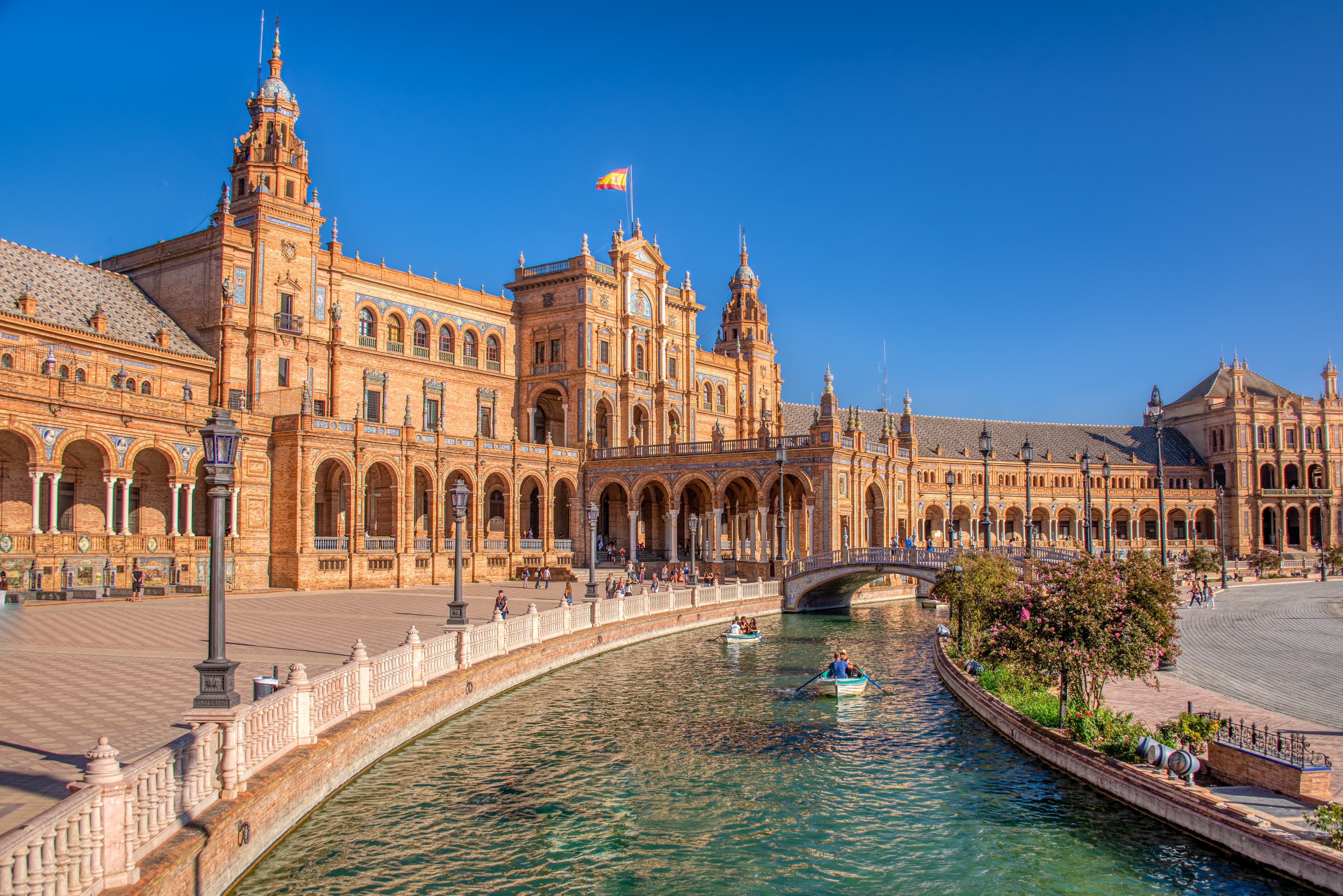Summary
IT specialists from around the world can now obtain a permanent residence permit in Kazakhstan under a simplified procedure. This is possible under the Digital Nomad Residency Program that Kazakhstan launched in March 2025 to attract IT talent.
Learn the details of the new Kazakhstan Digital Nomad Visa, including the requirements and a step-by-step procedure.
Kazakhstan Digital Nomad Visa, or B9-1 Visa, was launched as a pilot project in March 2025. It is aimed at foreign IT professionals who wish to relocate to Kazakhstan for permanent residence. The Digital Nomad Residency is valid for 10 years.
To apply, digital nomads are not required to demonstrate a certain income or savings.
Most of the application process can be done remotely. The applicant can obtain preliminary approval for the residence permit online, without having to travel to Kazakhstan.
Kazakhstan launched two more visas earlier in November 2024:
-
The B12‑1 Visa, called the Neo Nomad Visa, is for digital professionals and entrepreneurs who want to live in Kazakhstan while working remotely for foreign employers. Applicants must prove a monthly income of at least $3,000. The visa is valid for one year.
-
The B9 Visa for Permanent Residence is designed for skilled professionals in high-demand fields such as medicine, science, innovation, education, and the creative industries. The visa is valid for 90 days, during which it can be transitioned to permanent residency.
The three visas are part of a government initiative to develop IT infrastructure in Kazakhstan. It aims to help the country grow as a regional tech hub and a key exporter of IT services.
How to obtain Digital Nomad Residency in Kazakhstan
Requirements. The Kazakhstan Digital Nomad Visa has no requirements for income or savings.
Before applying, IT professionals need to obtain an individual identification number, IIN, and a digital signature, EDS, from the Kazakhstan Embassy in their country of residence.
Foreigners also provide:
-
portfolio describing projects and achievements;
-
motivational letter written in English, Russian, or Kazakh;
-
CV;
-
certificate of no criminal record from the country of residence;
-
diploma of education, if available;
-
current or expired labour contract.
At the final stages of the process, applicants need to buy or rent property in Kazakhstan and provide a medical certificate.
Procedure. The application process includes 7 key steps:
-
Obtaining an IIN and a digital signature.
-
Submitting an application on the Astana Hub portal.
-
Undergoing an online interview if the application is approved.
-
Applying for permanent residency on the e-government portal.
-
Receiving preliminary approval, valid for 30 days.
-
Visiting Kazakhstan to submit biometrics, a medical certificate, and proof of accommodation.
-
Submitting original documents to the migration police and obtaining a 10-year residence permit.
Applications are reviewed within 45 calendar days.
5 other countries that welcome remote workers
Portugal grants a 2-year residence permit to remote workers who earn at least €3,480 a month. Applicants must also demonstrate that they have at least €10,440 in their bank account. Digital nomads can include their spouse, children, and parents in the application.
In Spain, digital nomads are granted a 3-year residence permit if they earn at least €2,762 a month. An additional requirement is having a higher education degree or 3 years of work experience. The main applicant’s spouse, children, parents, grandparent, and siblings are also eligible for the residence permit.
Hungary provides a residence permit for 1 year to digital nomads with a monthly income of at least €3,000. The applicant’s relatives do not get residence permits.
Malta Nomad Residence Permit is issued for 12 months. It is granted to foreign remote workers with a monthly income of at least €3,500. The residence permit is available to employees and the management of foreign companies, freelancers, and self-employed.
Italy grants the Digital Nomad Visa valid for 1 year. Applicants must demonstrate an income of at least €32,400 per year from non-Italian sources and have savings of €30,000 or more. The required remote work experience should exceed six months.
Each of the countries listed above requires applicants to rent or buy property in the country.







